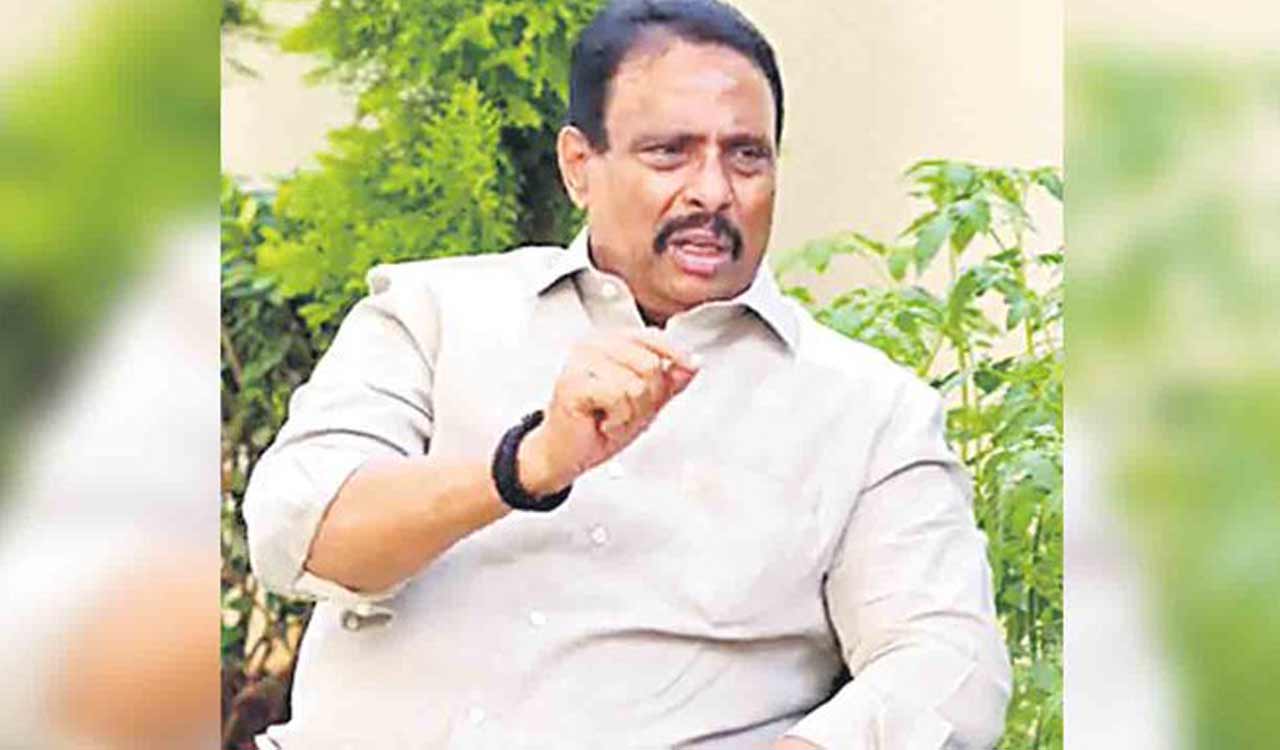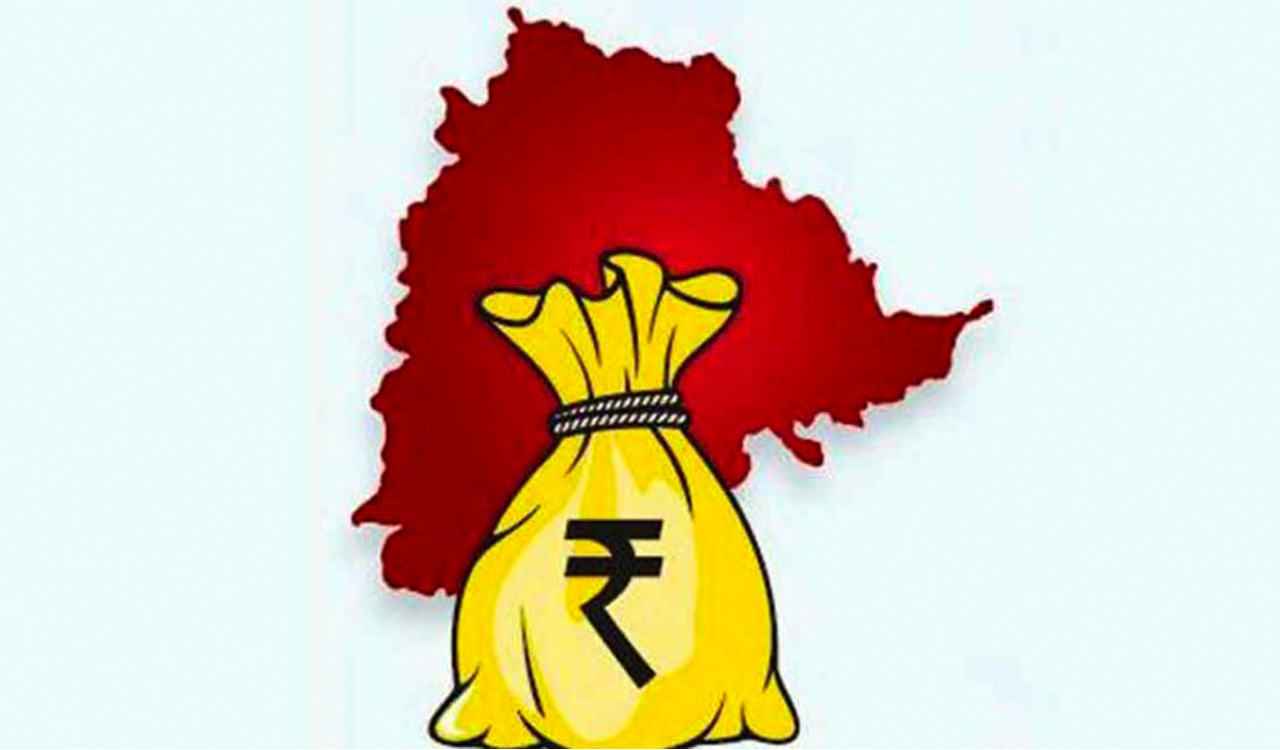FIDC seeks liquidity support for smaller NBFCs
Writes to FM saying these SMEs face liquidity challenges

New Delhi: Finance Industry Development Council (FIDC) has written to the Finance Minister Nirmala Sitharaman seeking measures to improve liquidity support for small and mid-sized non-banking financial companies (NBFC) in the FY22 Union Budget.
In its letter, the industry body noted that although the government has taken a number of steps to provide liquidity support to NBFCs over the past two years, small and medium-sized NBFCs continue to face challenges on the liquidity front.
It said that all the small-sized NBFCs, and also a large number of medium-sized NBFCs, do not access capital market due to the complexities in compliances to various rules and regulations. They do not issue bonds, debentures or commercial papers and instead borrow by way of ‘term loans’ secured against their receivables, from banks and FIs like SIDBI and NABARD.
“This single factor has ruled these companies out of contention for availing funding under the TLTRO 1.0 & TLRO 2.0 of RBI and PCG 2.0, SPL (Special Liquidity Scheme) of Ministry of Finance as all these schemes entailed investment by banks and SPV in bonds/CPs issued by NBFCs,” it said.
FIDC also noted that all the schemes announced by the RBI and the government have prescribed a minimum credit rating as an eligibility criterion for NBFCs and the rating model which is followed by all the accredited credit rating agencies entails “size” as an important parameter.
All the credit rating agencies use the same scale to rate both large and small NBFCs. In such a scenario, as per the industry body it would be practically impossible for a small-sized NBFC to get the desired level of credit rating despite a sound balance sheet and excellent track record.
It has suggested that parameters like capital-to-risk weighted assets ratio (CRAR), asset quality (NPA levels), profitability and experience and understanding of the management should be given due weightage in deciding the eligibility of NBFCs to avail funds.
The letter written by Mahesh Thakkar, Director General of FIDC also recommended that the funding to NBFCs must be provided for tenure of at least 36 months, as they need to borrow for a commensurate period in order to avoid creating an asset liability mismatch.
It has also suggested the setting up of a dedicated refinancing body for NBFCs. FIDC also suggested the Finance Minister that a special carve out for small and mid-sized NBFCs should be made within overall sectoral cap, like the way RBI has done for several sub-sectors within overall 40 per cent priority sector lending (PSL).
CAIT urges FM to defer rollout of Rule 86B in GST
New Delhi: Traders’ body CAIT on Friday urged Finance Minister Nirmala Sitharaman to defer the implementation of Rule 86B in GST, whereby businesses with over Rs 50 lakh monthly turnover will have to pay at least 1 per cent of their GST liability in cash, terming it a “counter productive” measure that will increase the traders’ compliance burden.
The Central Board of Indirect Taxes and Customs has introduced Rule 86B in Goods and Services Tax (GST) which restricts use of input tax credit for discharging GST liability to 99 per cent. However, this restriction will not apply where the managing director or any partner has paid more than Rs 1 lakh as income tax or the registered person has received a refund amount of over Rs 1 lakh in the preceding financial year on account of unutilised input tax credit.
The Confederation of All India Traders (CAIT) in a letter to Sitharaman has drawn her attention towards Section 86B, saying that “it is a counter-productive step which will load the traders further with burden of compliance and also much financial obligation”.
The traders’ body stated that it has “urged Sitharaman to defer implementation of Rule 86 B immediately which is scheduled to be implemented from January 1, 2021 and also extend the last date for filing GST and Income Tax Audit return from December 31 to March 31, 2021”.
CAIT Secretary General Praveen Khandelwal said that in light of the current scenario when domestic trade is disturbed due to repercussions of COVID-19 and traders are fighting for survival of business, it is “strongly urged that the implementation of Rule 86 B may be deferred”.
He observed that GST has again culminated into a “cobweb for traders and it is a general feeling that instead of a simple tax it is becoming a much complicated tax system putting greater compliance burden on the traders”. “Unfettered and discretionary powers including cancellation of GST registration and power to arrest are vested to officials and its misappropriate use can’t be ruled out,” the traders’ body claimed.
Now you can get handpicked stories from Telangana Today on Telegram everyday. Click the link to subscribe.
Click to follow Telangana Today Facebook page and Twitter .
Related News
-
Speaker concludes hearing on disqualification petition against Danam Nagender
-
Telangana’s finances struggle over weak revenues and mounting debts
-
Traffic diversions announced for Chatrapathi Shivaji Jayanthi procession in Hyderabad
-
Hyderabad-based Digital Mojo champions AI-led digital growth for new-age businesses
-
Deadly avalanche kills eight skiers in California
2 hours ago -
Ayodhya priest questions Telangana govt’s Ramzan relief move
3 hours ago -
Titans emerge champions in sixth Samuel Vasanth Kumar memorial basketball tournament
3 hours ago -
Hyd Open golf championship to kick off from February 19
3 hours ago -
Jammu and Kashmir enter Ranji Trophy final with win over Bengal
3 hours ago -
Telangana High Court seeks ground report on forest plantation at Damagundam
3 hours ago -
Sahibzada Farhan century powers Pakistan to big win over Namibia
3 hours ago -
Chief Minister’s Cup 2025 sees record participation across Telangana
3 hours ago




